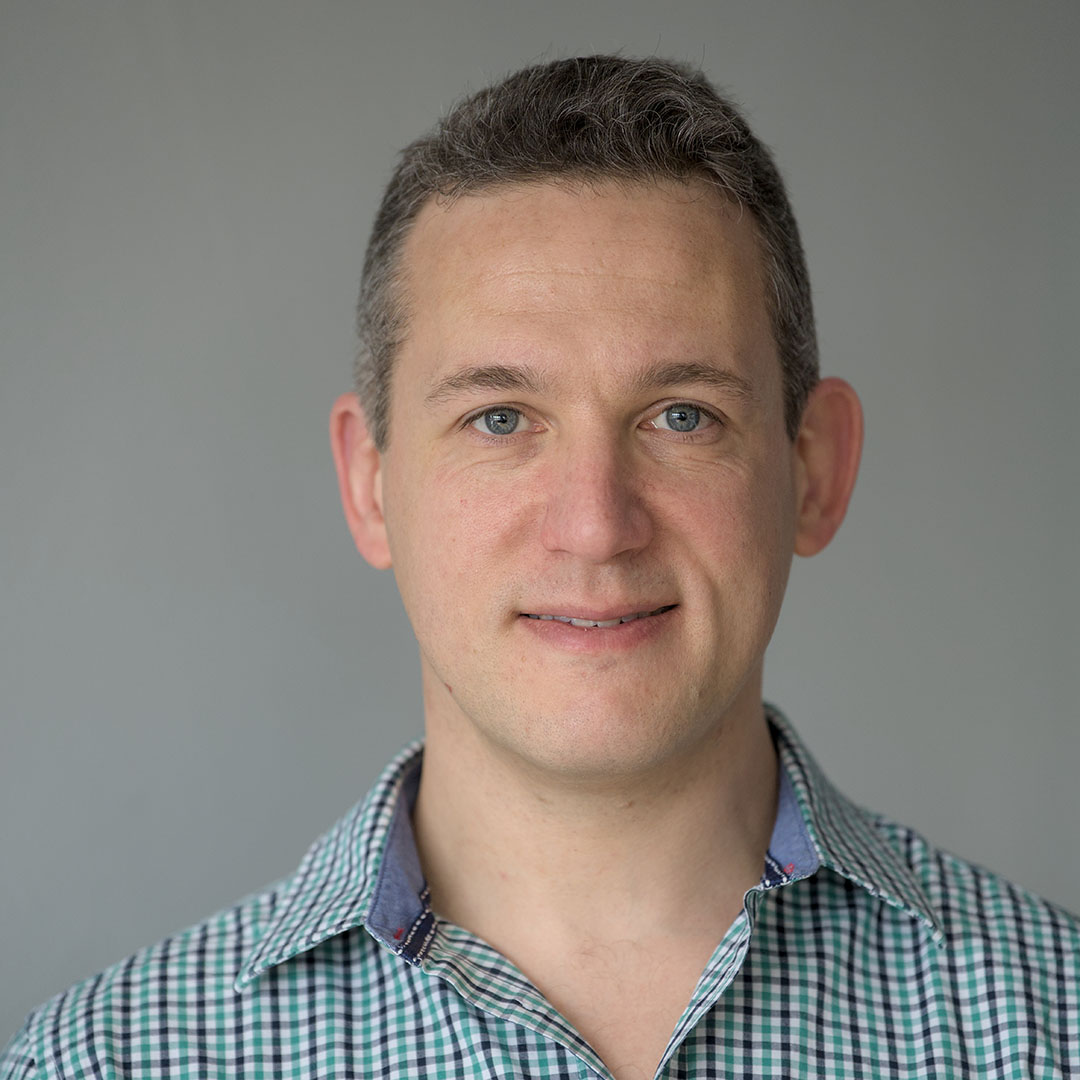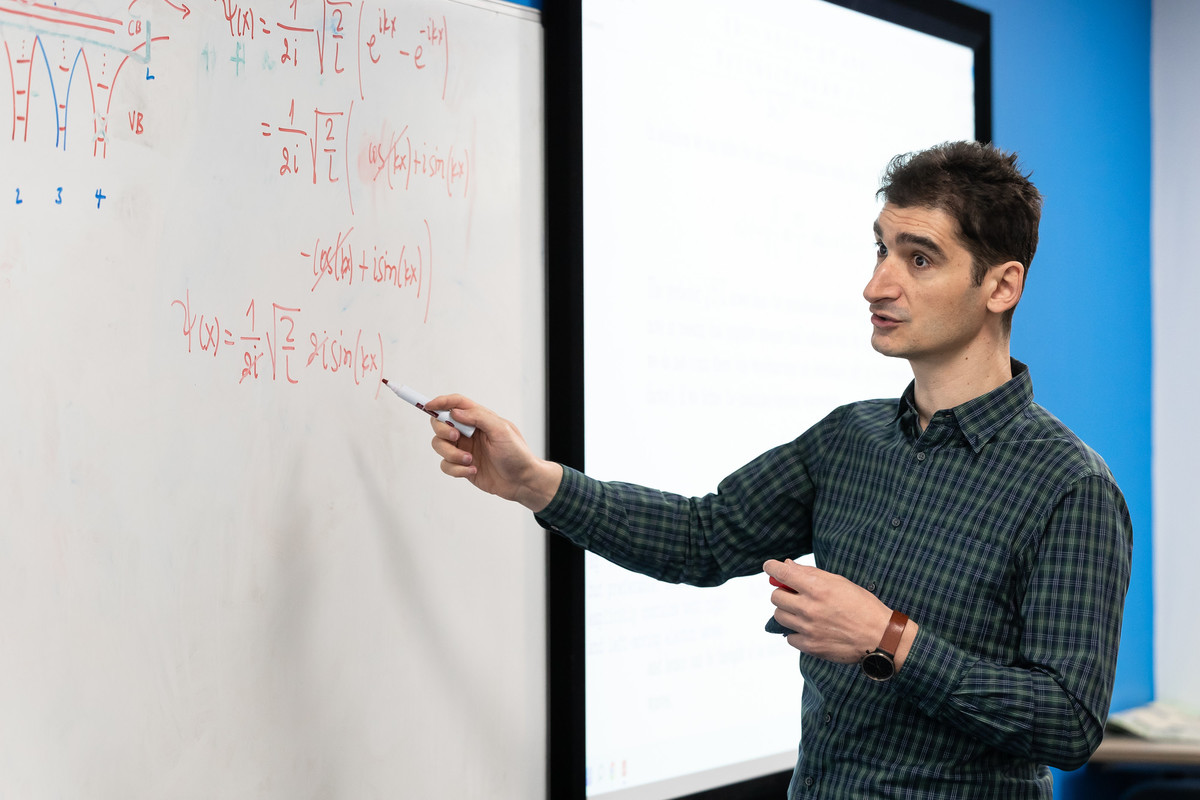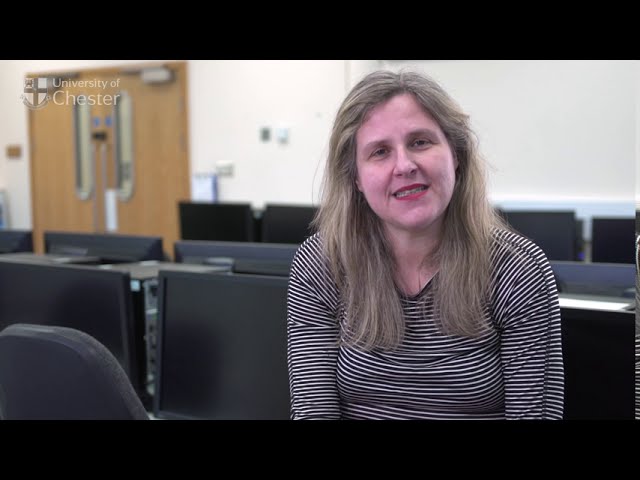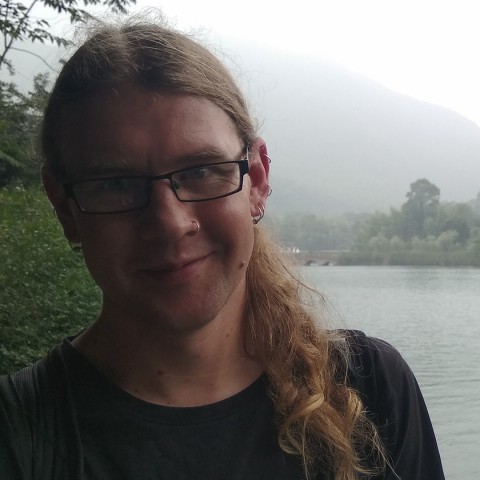2:2honours degree
Applicants would normally be expected to hold a Mathematics-related first degree (minimum of 2:2 honours). Applicants may be interviewed prior to acceptance on the course to ensure that they have the necessary mathematical background.
2:2honours degree
Applicants would normally be expected to hold a Mathematics-related first degree (minimum of 2:2 honours). Applicants may be interviewed prior to acceptance on the course to ensure that they have the necessary mathematical background.
Please note, some programmes have special entry requirements.
English Language Requirements
For more information on our English Language requirements, please visit International Entry Requirements.
















